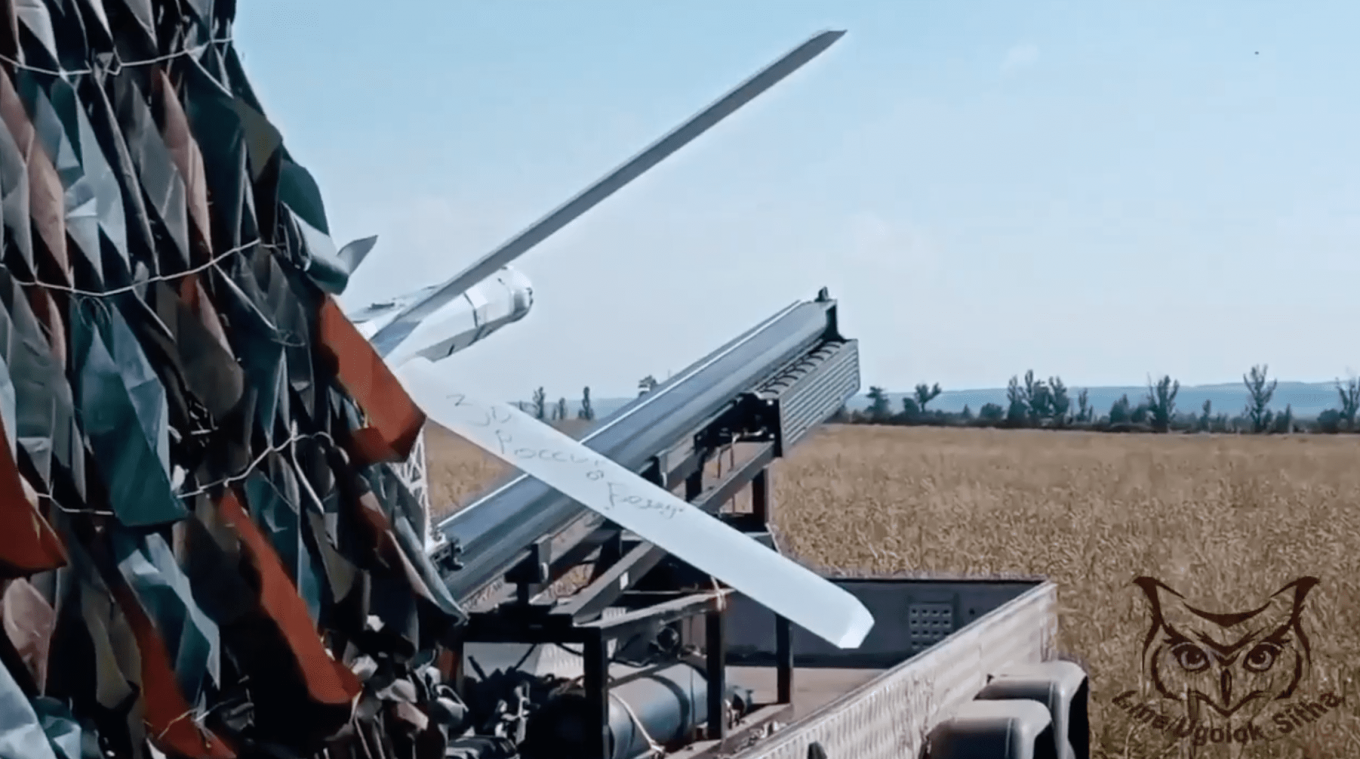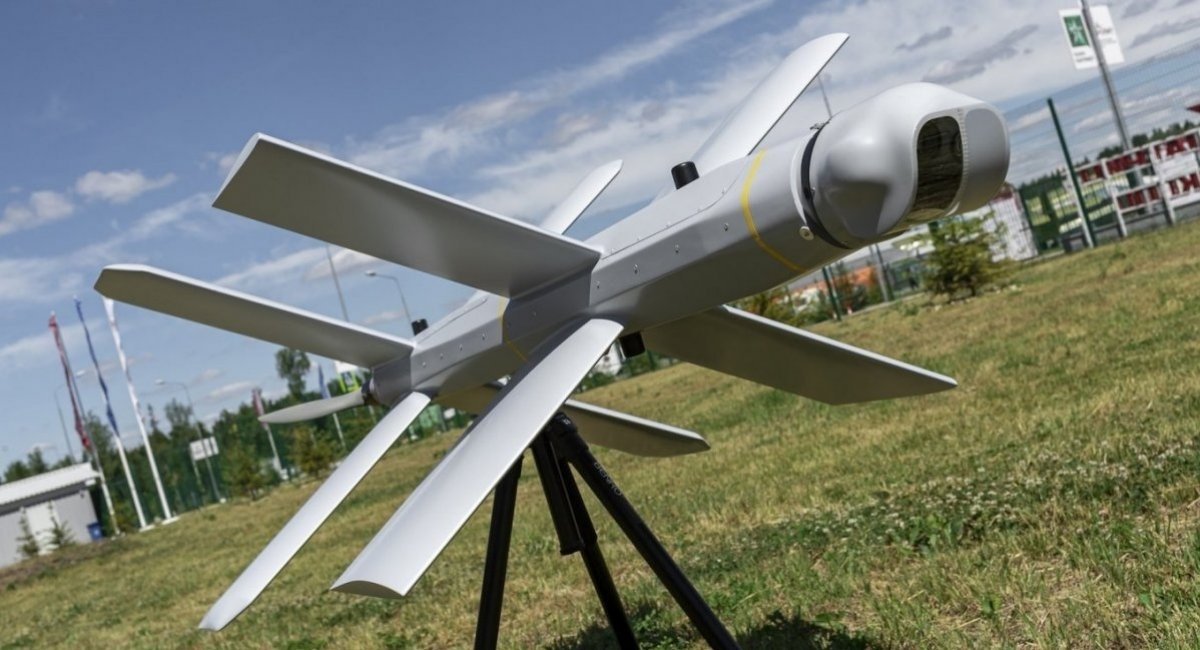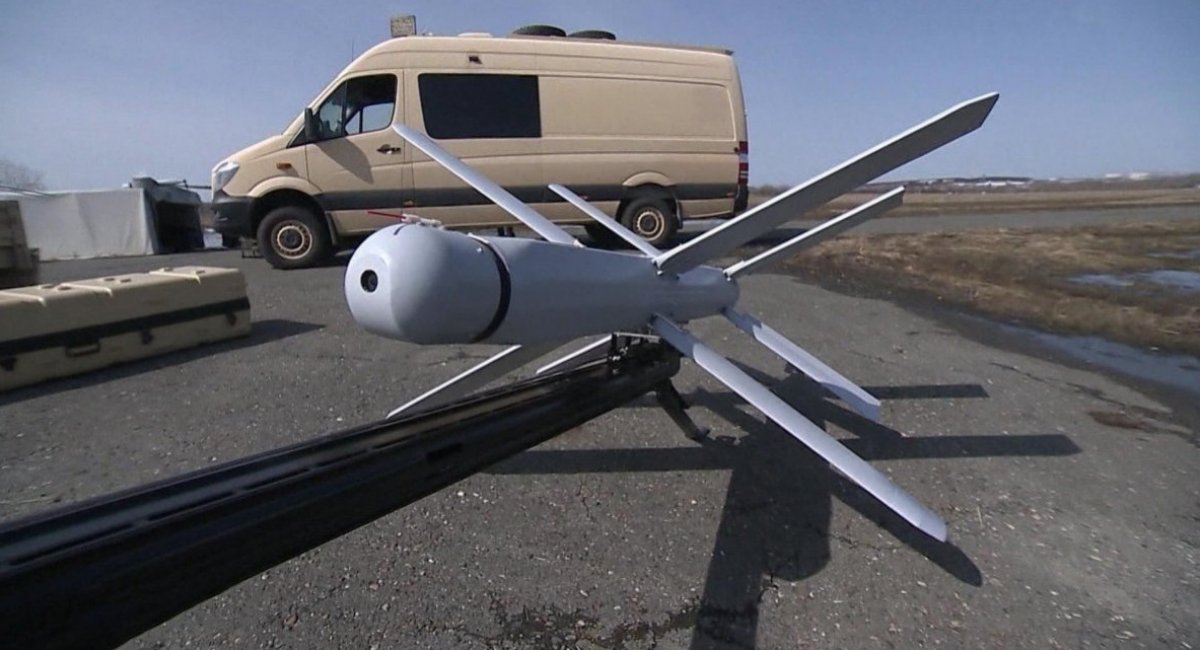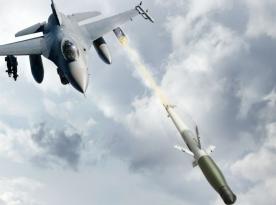This matter is addressed in an article by David Hambling for Forbes.
Forbes, citing the Ukraine-based OSINT group Molfar, reported on February 1 that a massive explosion occurred in August 2023 at the site of the Zagorsk Optical-Mechanical Plant (aka ZOMZ) in Sergiyev Posad near Moscow. The damage was considerable.
Read more: Long-Range Ukrainian Strike Drones, Which are Hitting Targets Deep Inside russia
“Considering the russian practice of concealing information about attacks on Russian military facilities, it can be assumed that the explosion in the premises of the Zagorsky plant was a planned action by the Ukrainian side,” a Molfar spokesman said.

Forbes noted that russian state media denied that explosions at ZOMZ were the result of a drone strike, despite eyewitness reports to the contrary.
However, according to the article's author, the deployment of Lancet drones on the battlefield subsequently decreased.
The Forbes investigation concluded that this strike may have affected the factory's ability to produce unique components for Lancets, leading to a temporary reduction in Lancet production. ZOMZ may have been producing camera lenses or optical devices for ZALA Aerospace’s Lancet loitering munitions.
Nevertheless, the author underscores that the link between the Zagorsk Optical-Mechanical Plant and ZALA Aero Group remains unproven.

It is worth noting that the decrease in the number of documented Lancet strikes can also be explained by a decrease in their effectiveness, as the russians typically publicize only successful hits or equipment destruction. Additionally, this could have occurred as a result of the systematic elimination of reconnaissance UAV crews.
Read more: What is Known About russian Izdeliye-53, the "A.I.-Powered" Lancet Drone Episode














